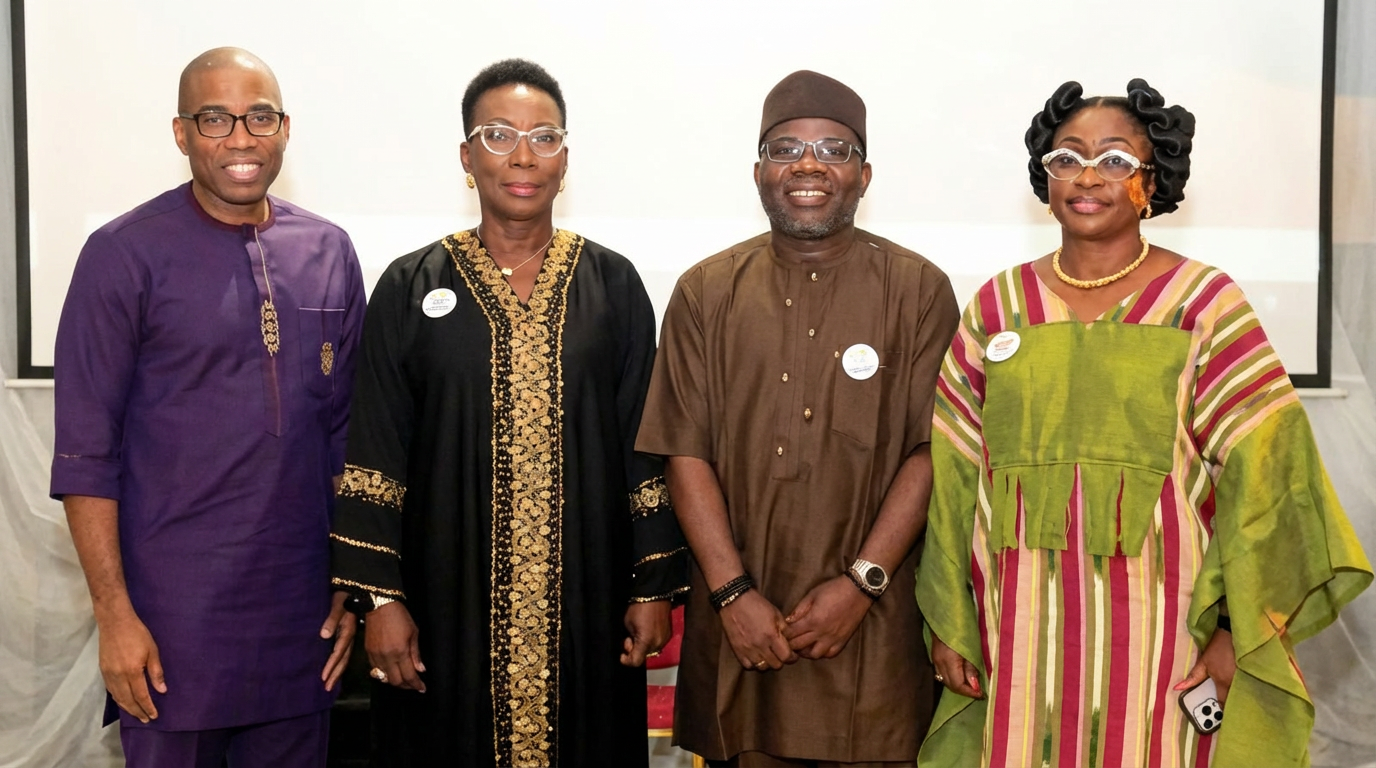The Vice-Chancellor of the Federal University of Technology, Akure (FUTA), Prof. Adenike Oladiji, has given reasons why many graduates remain unemployed.
According to him, many are unemployed, not because there are no jobs, but because they lack the necessary skills.
He disclosed that a former Minister of Defence, Adetokunbo Kayode (SAN), will deliver the institution’s 36th convocation lecture billed for tomorrow (Friday).
The lecture, titled: ‘Strategies and tactics for solving skills challenges in Nigeria: The roles of government, institutions, and youths,’ will explore policy-driven approaches to addressing Nigeria’s growing skills gap, a theme the university emphasised as crucial for tackling unemployment and promoting innovation.
Oladiji noted that the event signifies a shift in policy regarding how universities connect classroom learning with real-world employability.
“The lecture will help them understand how to acquire practical and relevant skills that the economy demands.
For the first time in FUTA’s history, the convocation lecture will hold on the same day as the award of degrees to 2,747 graduating students, a deliberate strategy to ensure graduands directly benefit from the keynote insights.
“The decision is both symbolic and strategic. Convocation lectures are designed for students transitioning into the larger society. Holding both events together allows them to engage immediately with the knowledge and ideas shared,” the vice-chancellor stated.
Besides, she noted that the lecture’s theme aligns with national calls for a skills-based education policy, where universities and industries collaborate to create employment-ready graduates.
Speaking on the choice of guest lecturer, the vice-chancellor described Kayode as “a leader, whose career cuts across governance, law, labour, and culture, bringing both policy experience and practical understanding of how to develop human capital for national progress.
Kayode is expected to provide a broad policy perspective on how the government, institutions, and youth can collectively reposition Nigeria’s workforce for global competitiveness.






